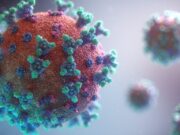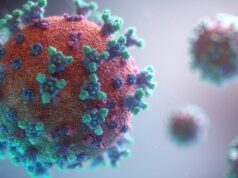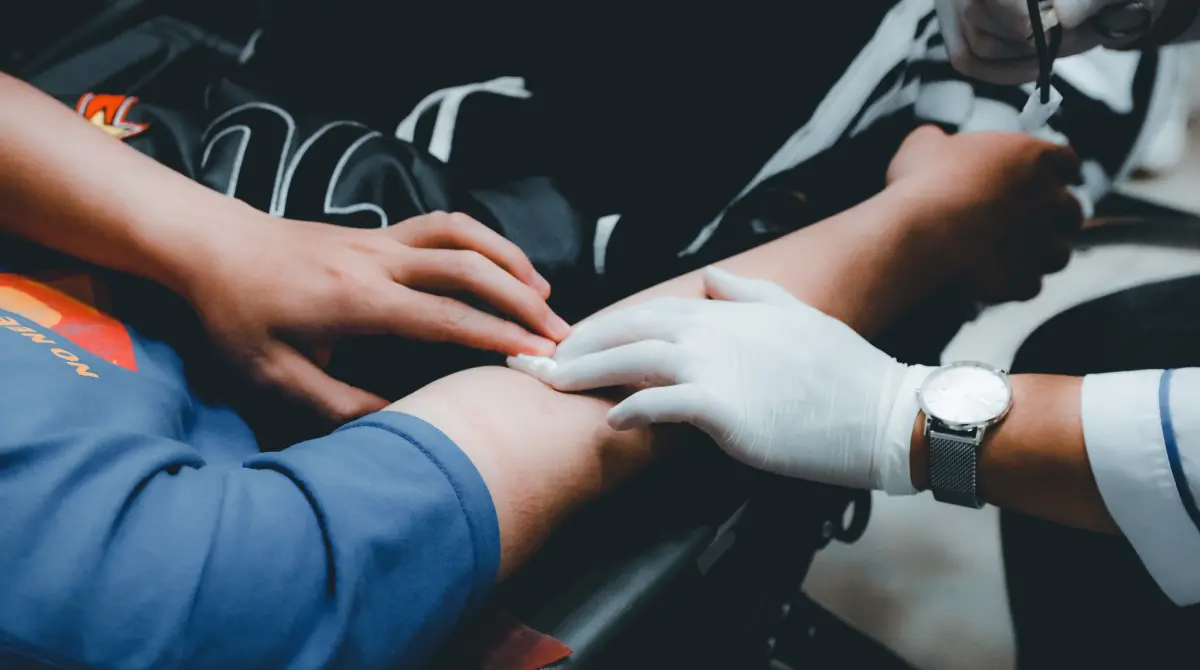
STIs (Sexually transmitted infections) are common. There are many different types of infections caused by sexual contact. Unfortunately, most severe STIs don’t have any noticeable symptoms. As a result, it gets easy to pass it down to other people without knowing you have it. The only reliable way to see if you have it is to get an STI test.
Getting STI tested makes sure you get immediate treatment and a prevention plan if your test is positive. The medical tests for STIs prevent serious health issues. The sooner you get tested, the safer you will be.
Learn about the different types of STI tests, how it is done, and what to expect.
Page Contents
What Is An STI Test?
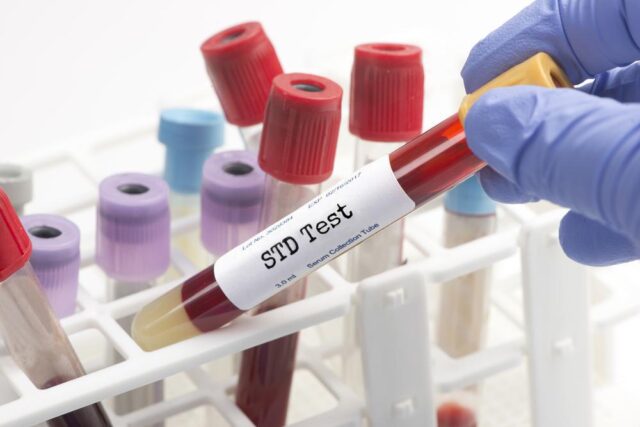
An STI test is a medical examination of your genitals for any abnormality. It’s a quick and painless test.
An STI test is for everyone, whether you are sexually active or looking to maintain your sexual health. STI tests aren’t included in your regular health exams. You may have to ask your doctor for it.
Medical Tests for Different STIs
More than 25 viruses, bacteria, and parasites are known to transmit infections through sexual contact. Some sexually transmitted infections occur through skin-to-skin contact. It is wiser to practice safer sexual contact to prevent the chances of getting any STIs.
The STI tests are the safest option to lower your risk of contracting any sexual infection.
Knowing different tests for different STIs can help you address the infection before it gets complicated and leads to long-term health issues. Here are some standard medical tests depending on other STIs.
Urine Test
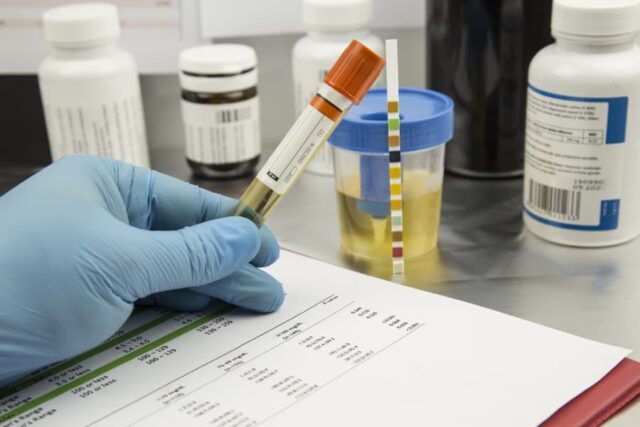
A urine test is an STI test that includes examining for chlamydia or gonorrhoea.
Chlamydia is a sexually transmitted infection caused by bacteria. It’s more common in females. However, both men and women can contract this.
Gonorrhoea is another STI infecting the genitals of the human body. A bacteria called “Neisseria Gonorrhoea Bacteria” causes gonorrhoea.
Both these STIs are short-term. Consistent antibiotic treatment can help you recover from these STIs.
Blood Test
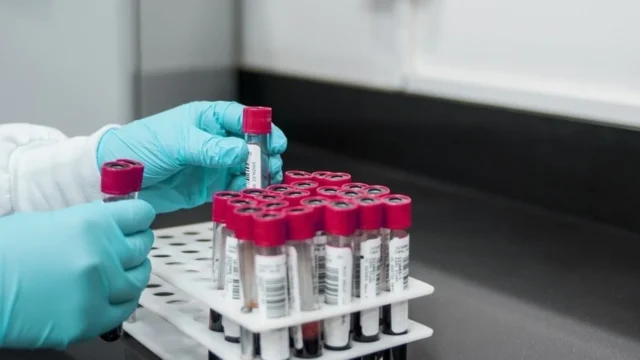
A blood test is done to check your body’s STIs, including syphilis, HIV, herpes, and hepatitis B. The test is quick. A syringe is inserted into your vein to draw out your blood sample. You will feel a dizzy or slight poking sensation as the syringe goes.
HIV is a deadly virus caused by sexual contact. It targets your immune system. If left untreated, it becomes incurable and eventually causes death.
Syphilis is commonly caused due to unprotected sex. It can be spread from a mother to a newborn.
Herpes, also known as genital herpes, is caused by HSV (herpes simplex virus.) This infection stays in your body dormant for a long time.
Hepatitis B is a fatal liver infection that can be prevented through a vaccine. Bodily fluids, such as semen, vaginal discharge, and blood, can spread this infection.
Physical Exam

Genital warts and bacterial vaginosis is assessed from a physical exam. The doctor inspects your body part for possible signs of these STIs. Palpation, auscultation, and percussion are also done.
Genital warts are another type of STI caused by a virus called HPV (human papillomavirus.) The doctor examines your body to look for warts. A complete physical exam, including pelvic inspection and pap smear, is done.
Bacterial vaginosis is a condition where there is a high density of bacteria in the female’s genitalia. The doctor collects a sample of your vaginal or cervical discharge for the STI check.
Final Words
Every man and woman should undergo STI screening once in a while to assess their risk of sexually transmitted infections. Early detection means an easier treatment process. In addition, you can take control of your sexual wellbeing.








